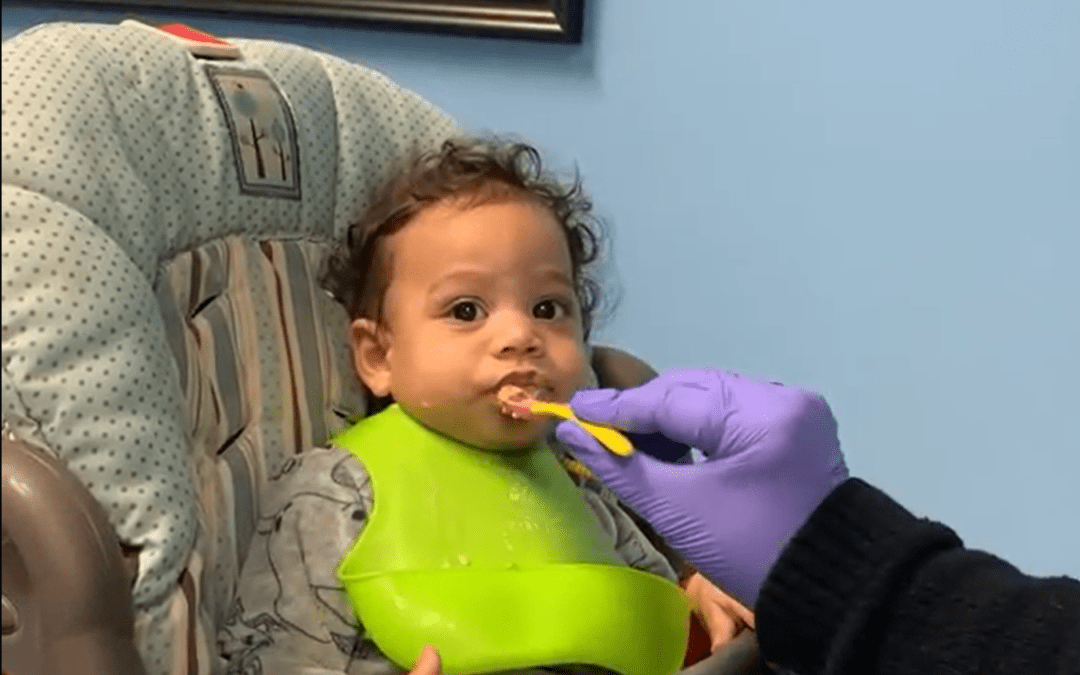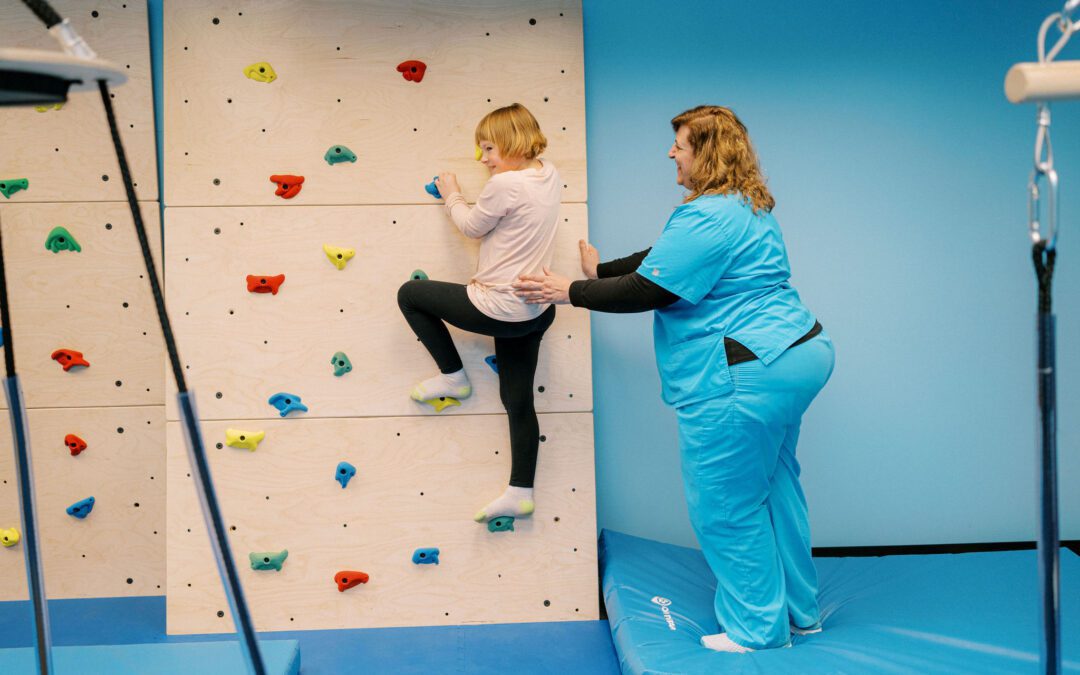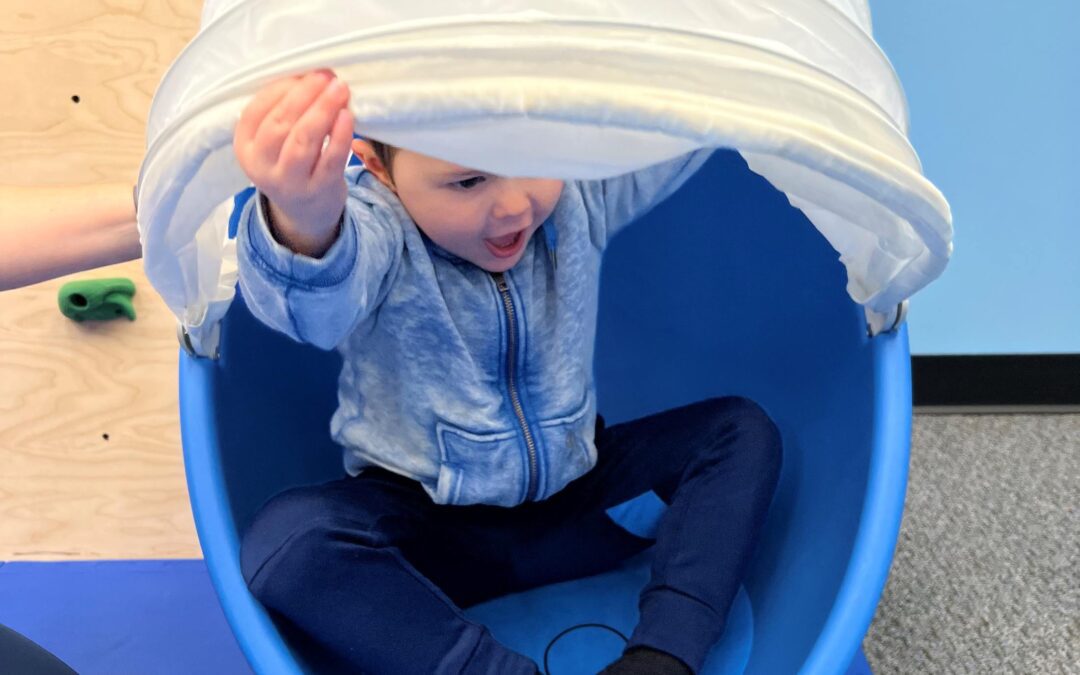
by Magda Girao, OTRL, CST-D, NDT, Founder | May 29, 2025 | Feeding Therapy, Occupational Therapy, Sensory Integration Therapy
The thought of a family vacation often conjures up images of fun, relaxation, and making lasting memories. But for parents of children with picky eating habits or sensory processing sensitivities, the reality of travel can sometimes feel more like a logistical...

by Magda Girao, OTRL, CST-D, NDT, Founder | May 5, 2025 | Occupational Therapy, Sensory Integration Therapy
Summer is the perfect time for kids to play, explore, and grow—and when it comes to children with sensory processing challenges, the warmer months offer countless opportunities to build sensory integration skills through fun and purposeful activities. At Michigan...

by Magda Girao, OTRL, CST-D, NDT, Founder | Mar 1, 2025 | Occupational Therapy, Sensory Integration Therapy
Attention-deficit/hyperactivity disorder (ADHD) is one of the most common neurodevelopmental disorders affecting children today. Kids with ADHD often face challenges that extend beyond hyperactivity or inattention, including difficulties with focus, executive...

by Magda Girao, OTRL, CST-D, NDT, Founder | Dec 1, 2024 | Feeding Therapy, Occupational Therapy, Sensory Integration Therapy
Feeding challenges in children can be incredibly stressful for both parents and caregivers. When a child struggles with feeding, it can affect their nutrition, development, and overall quality of life. One common issue that may arise is sensory-based feeding...

by Amanda Kornelson, COTA | Feb 19, 2024 | Craniosacral Therapy, Occupational Therapy, Sensory Integration Therapy
What are primitive reflexes in infants? Primitive reflexes are inherent from birth through infancy, playing a pivotal role in the development of fundamental skills like rolling, crawling, and visual tracking. Retained reflexes may be caused by: C-sections Birth Trauma...

by Magda Girao, OTRL, CST-D, NDT, Founder | Feb 1, 2024 | Occupational Therapy, Sensory Integration Therapy
Navigating the journey with a baby experiencing sensory challenges is like to riding a roller coaster. There are moments of exhilaration, yet there are also times of uncertainty and fear, as the unpredictable nature of the journey makes it challenging to anticipate or...







